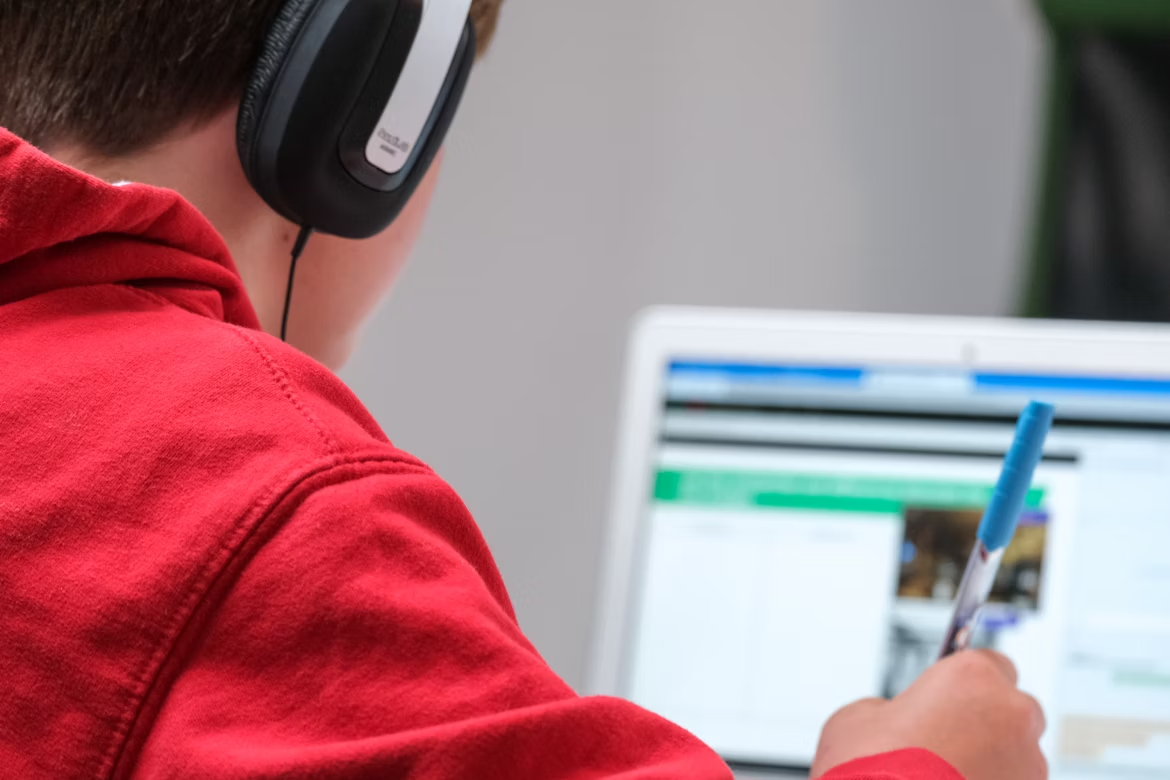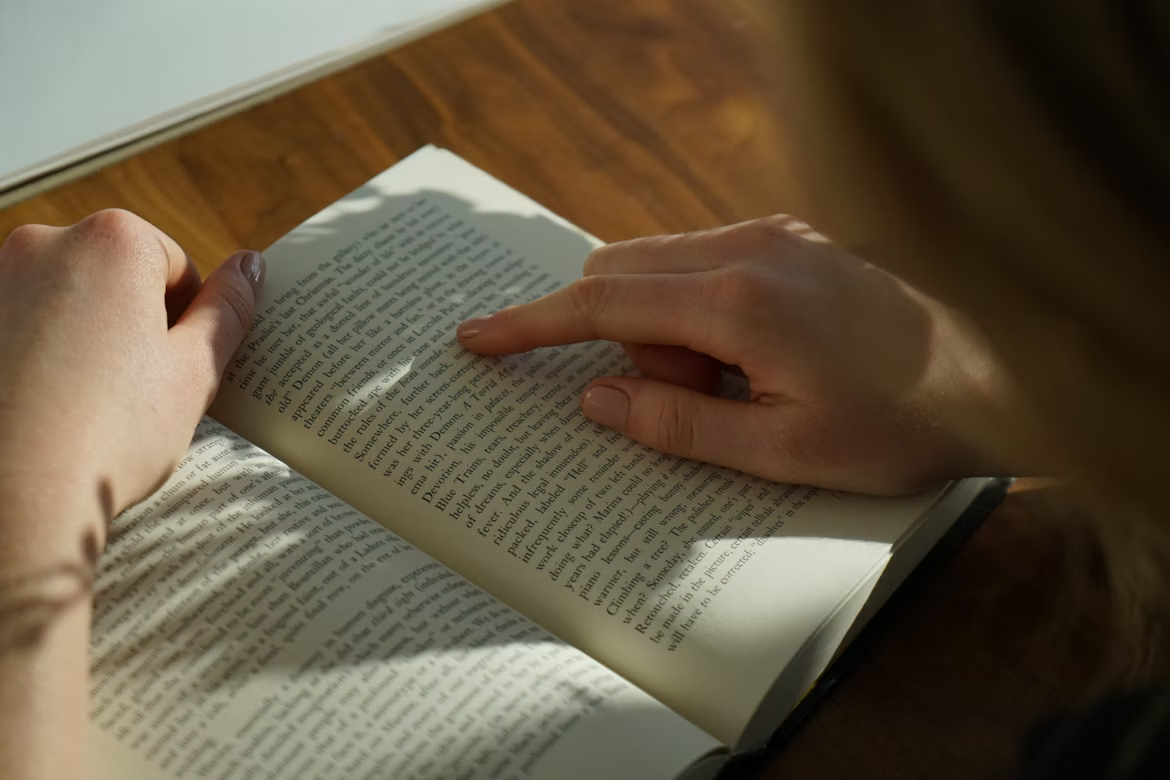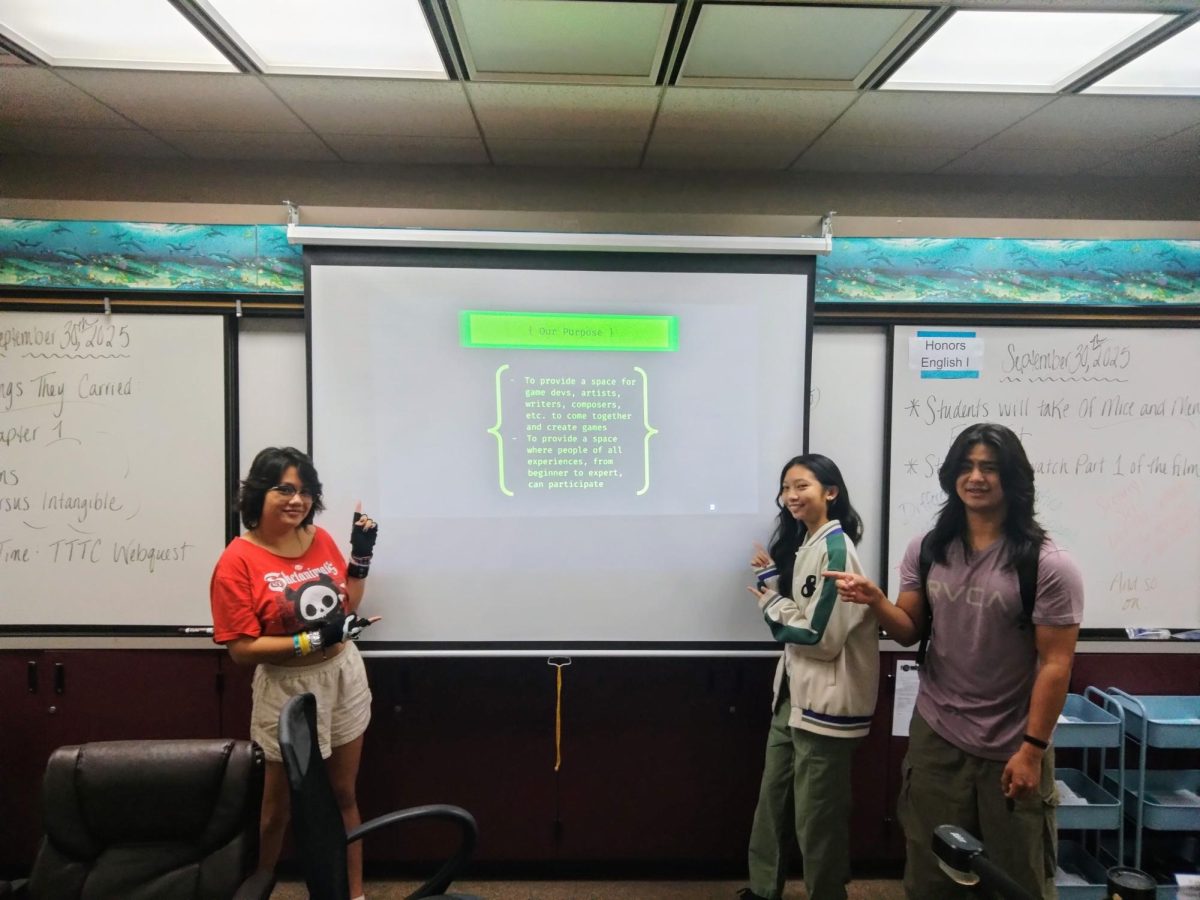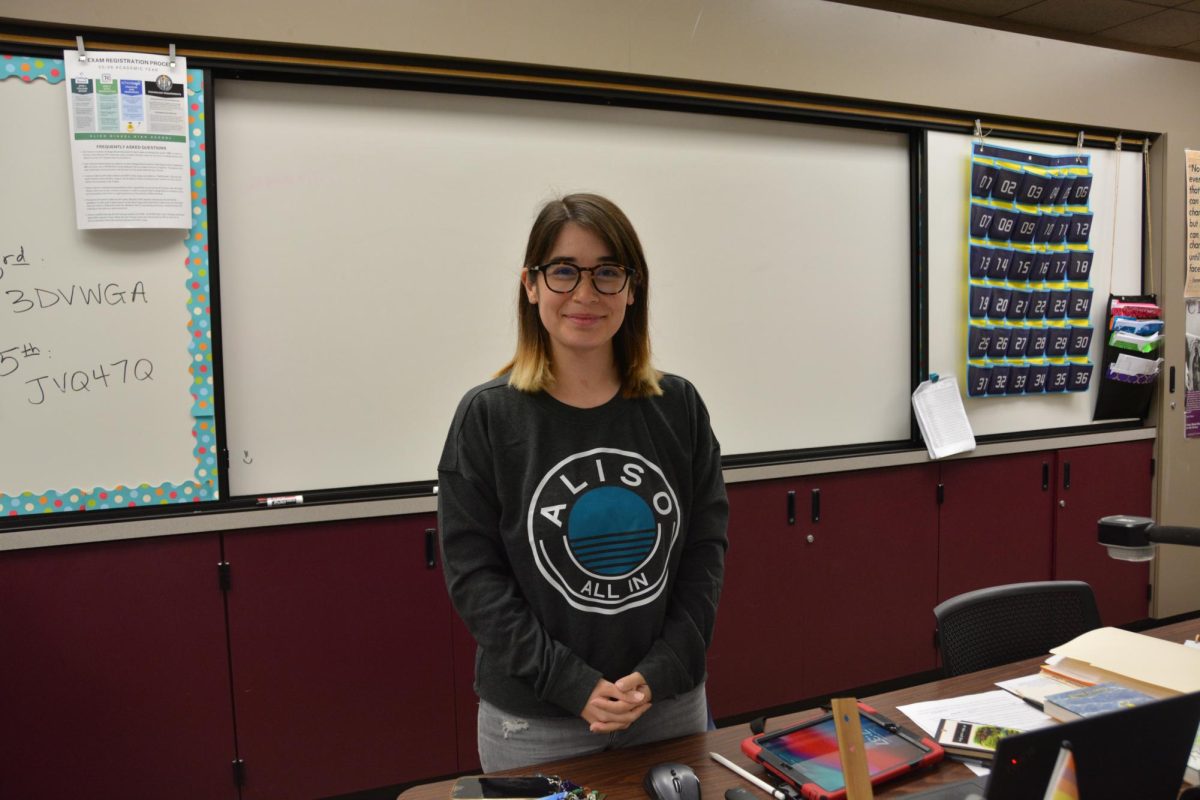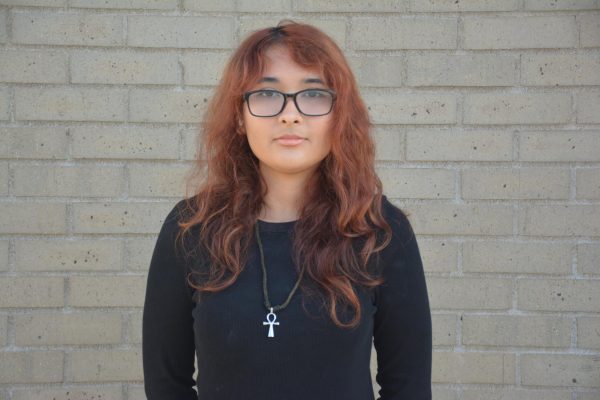The Aliso Niguel High School Banned Books Club is once again organizing the annual “Break the Tape” campaign from Oct. 5-11. It is a collaboration with Golden State Readers, a nonprofit organization dedicated to opposing book bans.
Students are encouraged to participate by wrapping their backpacks with yellow caution tape as a visible demonstration against book censorship in libraries and educational institutions nationwide.
This campaign provides an opportunity for young individuals to express their viewpoints without the need to attend formal protests or rallies. Participation is open to all students, regardless of membership in the club.
Additionally, students are encouraged to share information about the campaign on social media using the #BreakTheTape hashtag and to follow Golden State Readers for updates and donation opportunities.
Madelyn (12), the president of the Banned Books Club, also advocates against book bans, emphasizing the common challenges that lead to certain novels being classified as banned.
“I think banned books are important precisely because they feature topics like racism, sexism, homophobia, etc.; they are real and that we should not ignore,” Madelyn says. “A lot of these books are written about or are written by people from marginalized communities like African Americans and the LGBTQ community. Everyone has the right to tell their story or read stories that relate to their identity and I think it is unfair to remove this from people by banning books.”
Ayame Huber (12), vice president of the Banned Books Club, is preparing for the campaign with plans to fill baskets with caution tape, post flyers around campus and give updates on the Banned Books Club Instagram.
“Through this campaign, I hope students recognize the power of small acts of resistance,” Huber said. “While engaging in visible forms of advocacy, such as protesting and petitioning, is important, I wish to emphasize the change every individual can make in their day-to-day life. Read more books. Talk about books. Have genuine discussions with people of different perspectives and beliefs. If we cannot express our thoughts, someone else will for us. However, if we cannot stop and listen to what each other has to say, we only risk becoming more divided.”
Madelyn continues to explain that one of the biggest misconceptions surrounding banned books is that they are pornographic or explicit in nature.
“I think the misconception about banned books is that these books are similar to pornography and are being made available to young children. The reality is quite the opposite,” Madelyn says. “Many children’s books are being banned and labeled as pornography because they often feature same-sex couples but in these books, they aren’t doing anything beyond what regular couples do, like holding hands and starting a family. Take the children’s book “And Tango Makes Three”, which tells the true story of two male penguins at the Central Park Zoo who form a couple and want to start a family, so the zookeepers give them an unhatched egg to raise. Is that really so profane and inappropriate?”
Once this campaign ends on Oct. 11 students can continue supporting the cause by reporting instances of banned books in their district to organizations such as PEN America and Golden State readers.

